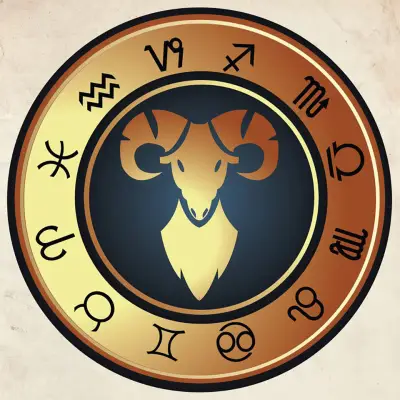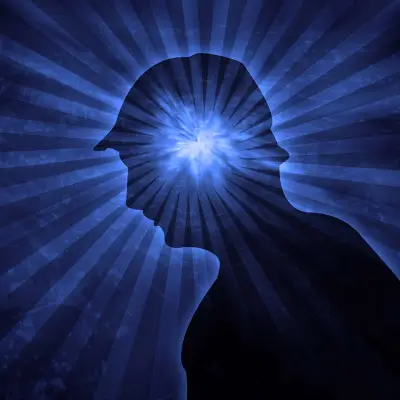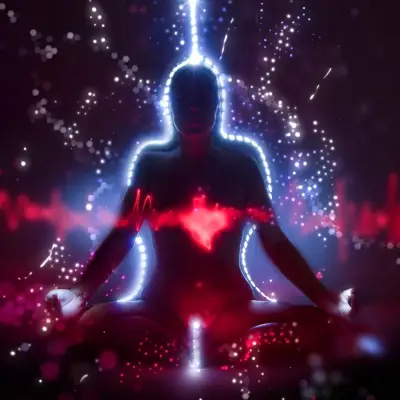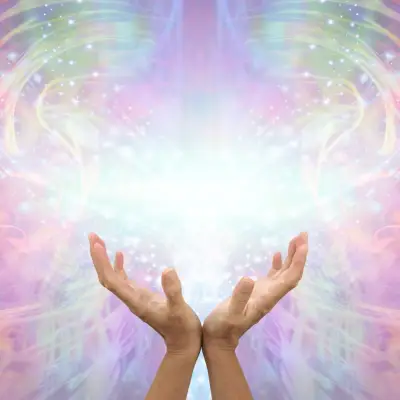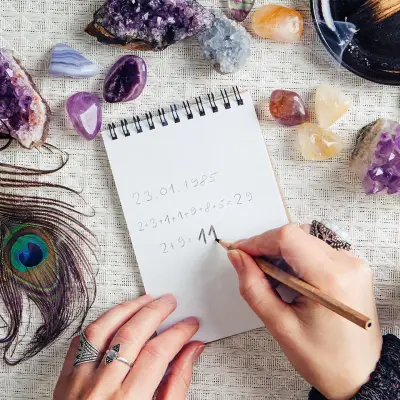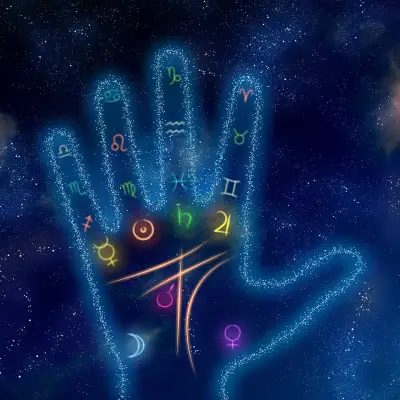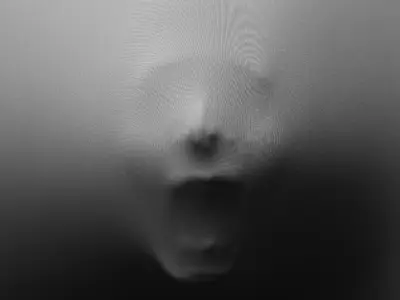From folklore to modern science, the moon's influence over human behaviour and emotions has been a topic of curiosity and debate. This blog post sheds light on the lunar effects on humans, simplifying the science and exploring how this celestial body impacts our lives.
Jump to:
The Lunar Effect: Myth or Reality?
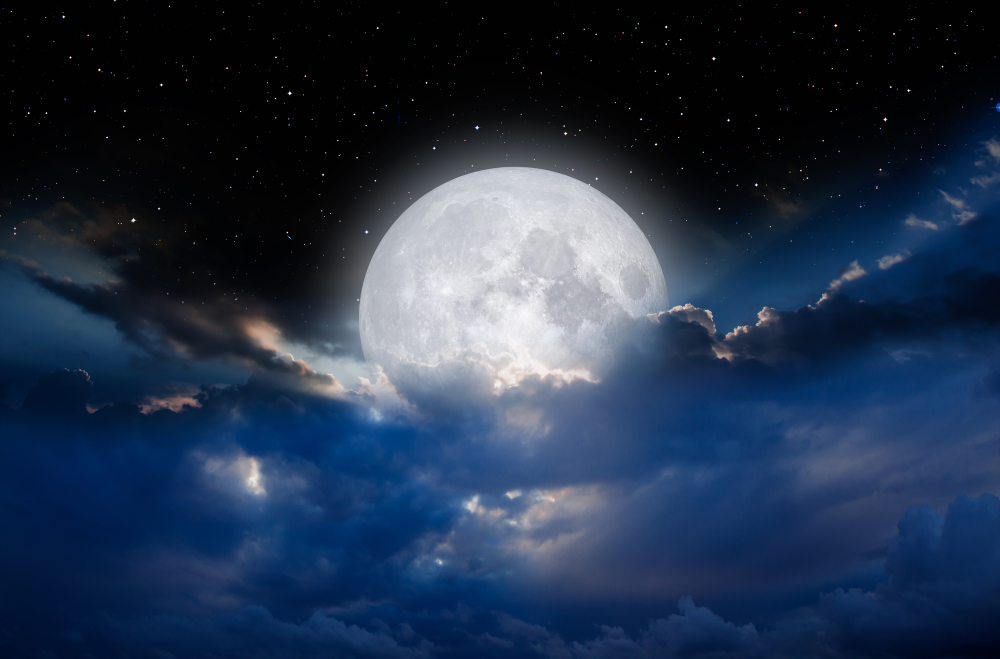
The concept of the lunar effect refers to the moon’s impact on human behaviour and emotions. While it may sound like a plot from a fantasy novel, the idea that the moon affects humans has been part of human culture for centuries. But what does modern science say? Let's explore the evidence and theories behind this fascinating phenomenon.
Effects of the Full Moon on Humans
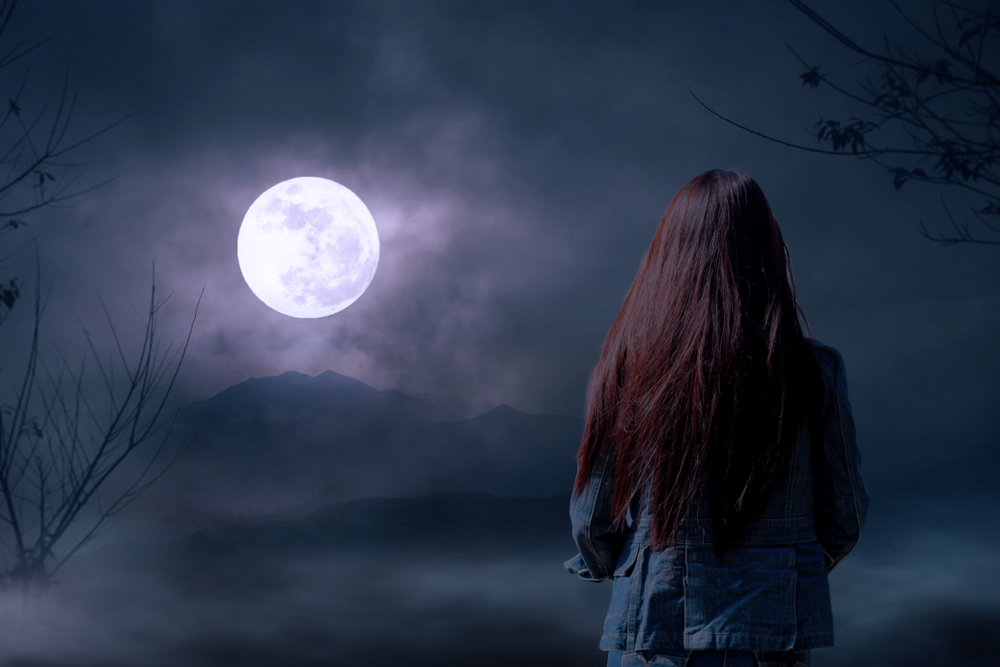
The full moon has always been a source of fascination, often linked with changes in human behaviour and emotional states. But how much of this connection is based on fact, and how much is just myth?
Sleep and Moonlight
It's common to hear people say they find it harder to sleep during a full moon. While scientific studies on this topic provide mixed results, there's an interesting discussion about whether the moon's bright light disrupts our sleep patterns. Though definitive evidence is scarce, the idea that moonlight might affect our rest shouldn’t be discounted.
Sleep Studies: Various studies have yielded mixed results, with some suggesting that people may experience slight changes in sleep quality during the full moon phase. However, these findings are not universally accepted, with critics pointing to methodological flaws and the need for more comprehensive research.
Behaviour and Beliefs
The term "lunacy" comes from the Latin word for moon, "luna", reflecting the age-old belief that the full moon makes people act in unusual ways. While scientific studies have found little to no direct correlation between the moon phase and human behaviour, emergency rooms and police departments often report increased activity during the full moon. Is it a case of confirmation bias, or is there something more to explore here?
Psychological and Behavioral Research: The investigation into the moon's influence on behaviour and mental health has produced an equally diverse range of conclusions. While some anecdotal and small-scale studies report an uptick in emergency room visits or alterations in behaviour during a full moon, large-scale analyses often refute these claims, suggesting no significant correlation between the moon's phases and human behaviour.
Emotions and the Full Moon
Beyond the potential for sleep disruption, there's a notion that the full moon can stir your emotions, making some feel more sensitive or emotional. This is less about hard science and more about human experience, reflecting the moon’s cultural significance as a symbol of intuition and the inner self.
Neuroscience Insights: From a neurological standpoint, the question revolves around how and if the lunar cycles could physiologically impact the human brain. To date, there is little concrete evidence to suggest that the moon directly affects neural pathways or cognitive functions.
The Moon and Women's Health
The similarity between the lunar cycle and the average menstrual cycle has led to speculation about the moon's influence on women's health. Although scientific support for this connection is limited, the symbolic link between the moon and femininity — themes of renewal and transformation — remains strong in many cultures.
Energy Levels and Lunar Phases
Some people report changes in their energy and mood with the lunar cycle, feeling a surge of energy with the new moon and a release as it wanes. While these experiences are subjective, they suggest a personal connection to the lunar rhythm, offering a unique perspective on your wellbeing and emotional landscape.
Does the Full Moon Affect Mental Health?
While definitive scientific proof is lacking, historical accounts and anecdotal evidence suggest a connection. It’s important to approach this topic with an open mind and consider how natural phenomena like the lunar cycle might interact with our psychological states.
The Interplay of Culture and Science
It's important to recognise the role of cultural beliefs in shaping perceptions of the moon's impact. These beliefs, deeply embedded in human history and folklore, can influence subjective experiences and interpretations of the moon's effects, highlighting a fascinating intersection between culture and psychology.
What Not to Do During a Full Moon
The full moon's energy is often seen as a powerful time for reflection and introspection. If you find the full moon affects you, making you feel more emotional, restless, or even energised, it might be wise to engage in activities that promote well-being and balance. Here’s a guide on what to consider during a full moon:
- Avoid major decisions: The full moon is often associated with heightened emotions. Postpone major decisions or life changes until you feel more grounded and less influenced by the transient emotions that can come with the lunar cycle.
- Steer clear of confrontations: Emotions can run high during a full moon, so it might be a good time to avoid unnecessary confrontations. If you're feeling more irritable or sensitive, give yourself space from situations that could lead to stress or arguments.
- Limit exposure to bright screens before bed: The full moon already makes the night sky brighter, which can affect your sleep. Try to limit bright screen time in the evening to help your mind settle and maintain a healthy sleep pattern.
- Don’t overlook self-care: This is a perfect time to amp up your self-care routine. Whether it’s a long bath, meditation, or just some quiet time reading, taking extra care of yourself can help mitigate any restlessness or sensitivity you might be feeling.
- Resist overcommitting: If you're feeling more drained around the full moon, it might not be the best time to pack your schedule. Give yourself permission to say no and keep your commitments to a manageable level.
- Avoid negative spaces: If certain places or groups tend to leave you feeling drained or negative, it's especially important to avoid them during a full moon. Instead, seek out positive and uplifting environments.
- Be cautious with your energy: The full moon is a time when many feel their energy is heightened. It’s important to channel this energy into positive outlets and avoid activities that could be harmful or draining.
- Postpone starting new projects: While it might seem like a good time to harness the full moon’s energy to kickstart new projects, it's often better to use this time for planning and reflection. Wait until the energy feels more stable before launching into something new.
Moon Rituals for Emotional and Spiritual Wellbeing
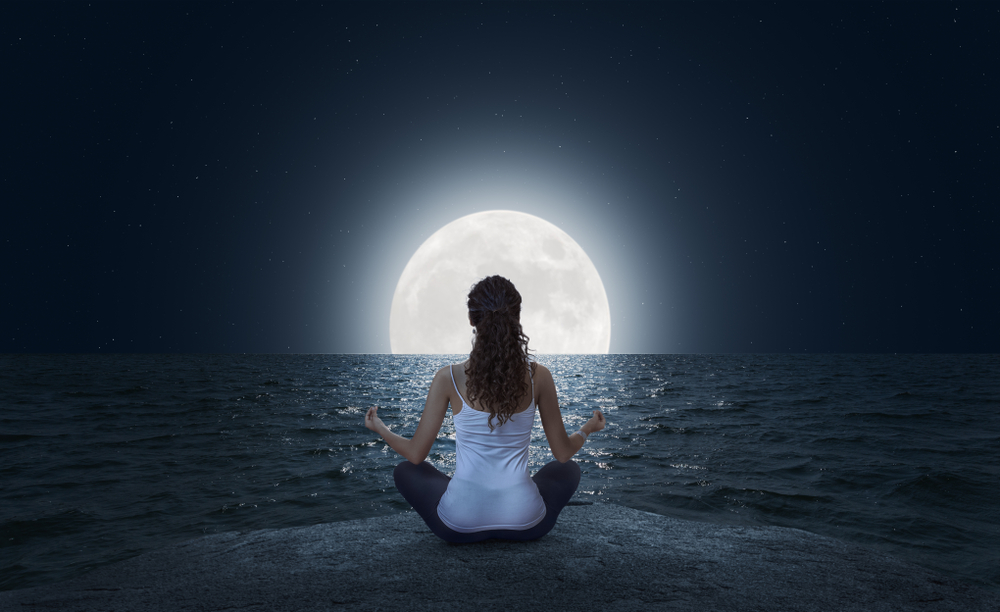
Many cultures and spiritual practices include rituals during different phases of the moon, such as setting intentions during the new moon or releasing negativity during the full moon. Whether or not you believe in the moon's energy, engaging in mindful practices can positively affect your mental and emotional wellbeing.
Frequently Asked Questions About The Moon’s Impact on Humans
Does a Full Moon Cause Anxiety?
While there's no direct scientific evidence linking the full moon to increased anxiety, some people report feeling more anxious or unsettled during this lunar phase. This could be due to a combination of disrupted sleep patterns and the psychological impact of cultural beliefs about the full moon.
Why Do I Get Angry During a Full Moon?
Feeling more irritable or angry during a full moon could be related to potential sleep disruptions or heightened emotional states that some people experience. Emotional sensitivity might be higher, leading to a shorter temper.
What Does the Moon Symbolise to a Woman?
In many cultures, the moon symbolises femininity, renewal, and the cyclical nature of life. Its connection to menstrual cycles and fertility underscores its significance as a symbol of womanhood and the body's natural rhythms.
Does the Moon Affect Children's Behavior?
Anecdotal evidence from parents and teachers sometimes suggests that children might be more restless or excitable during a full moon. However, scientific studies have yet to prove a link between the moon's phases and children's behaviour.
How Long Does the Full Moon Effect Last?
Any effects attributed to the full moon, such as sleep disturbances or mood changes, are generally thought to occur in the days surrounding the full moon. However, individual experiences can vary, and there's no set duration for these effects.
What Moon Phase Makes You Tired?
While specific moon phases aren't scientifically proven to directly cause tiredness, some people report feeling more drained around the full moon, potentially due to poorer sleep quality. Conversely, the new moon, symbolising new beginnings, might offer a sense of renewal for others.
How Does the Full Moon Affect Relationships?
The full moon's reputed effect on emotions and communication might play a role in relationships, with some believing that it's a time when feelings are heightened and truths come to light. This phase could encourage more open dialogue or, conversely, lead to misunderstandings.
What Shouldn’t You Eat on a Full Moon?
Scientifically, there is no dietary advice specifically tied to the full moon. However, some holistic health traditions suggest eating lightly or fasting to cleanse the body and mind, aligning with the idea of releasing and renewing.
Recommended for you!
Best SellersDiscover the Moon's Mysteries with Centre of Excellence
Dive into the enchanting world of lunar lore with our Moonology Diploma Course, which details the moon’s influence on our lives, well-being, and personal development.
Why Centre of Excellence?
- Accessibility: We're committed to making learning accessible to all. Our courses, including the fascinating journey into Moonology, are priced to ensure everyone has the opportunity to explore and grow.
- Flexibility: Our learning environment is designed around your life. With our courses, you can study at your own pace, seamlessly integrating your quest for knowledge into your everyday life.
- Diverse Curriculum: Our Moonology course spans a wide range of topics, from the basics of the lunar cycle to its deeper spiritual and psychological impacts, ensuring there's something of interest for every learner.
- Supportive Community: Enrolment includes personalised tutor support and access to a network of like-minded individuals, providing a robust support system on your educational journey.
Special Invitation:
We're excited to offer our Moonology Diploma Course at an exclusive price of just £29, saving you over £100!

